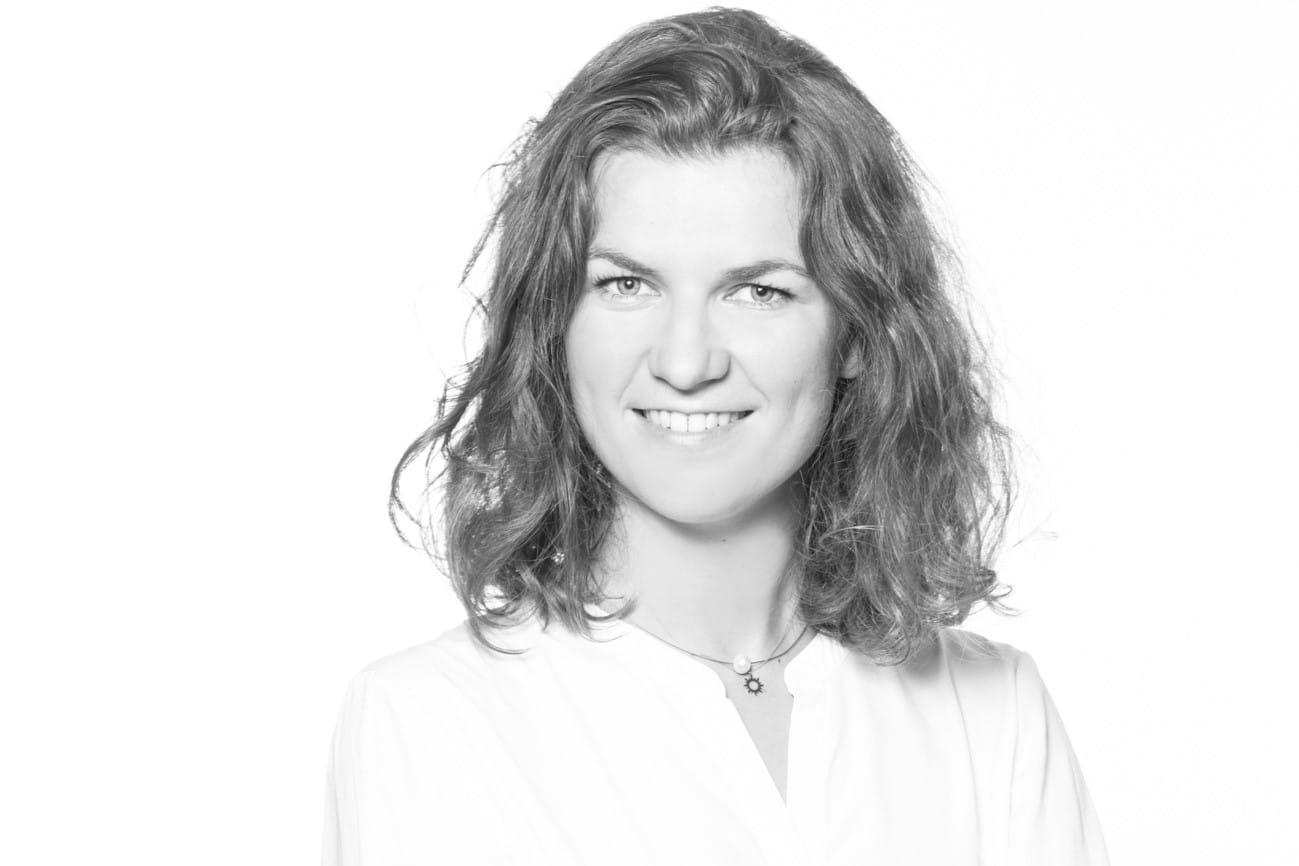For Franziska Schmid economy and ecology are not contradictory. On the contrary: in the future, they can only work together! In her monthly column “Let’s think! Green!” she comments on sustainable developments in the banking and payment sector and calls for more will to implement!
From the end of 2021, the new EU taxonomy will take effect, which aims to make sustainable investment easier and more transparent for private investors. Our bank advisors now point out to us that we can invest sustainably. Doesn’t that sound nice? But does everyone actually know what sustainable investments are? The topic of sustainability alone is extremely multifaceted and highly complex.
Coal, gas and oil remain popular with investors
Until now, sustainable criteria have played a very minor role in the choice of investment for private investors. Last year, the number of interested private investors almost doubled, but in absolute terms, investments are still vanishingly small. Just EUR 18.3 billion was invested sustainably by private investors in 2019. Just for comparison – the financial assets of private households in Germany amounted to EUR 6,465.4 billion in 2019.
The criteria for private investors are predominantly based on liquidity, return and volatility. This is understandable, as these attributes have been prayed up and down in advisory meetings for the last few decades. The bank advisor has used these three evaluation criteria to select the right product for the private investor. So it is no wonder – only unfortunately harmful to the climate! – that many investors continue to invest in coal, oil and gas.

There is no contact point for sustainable investments
If we were to simply redirect all these investments into social and ecological projects overnight, the climate crisis would be virtually solved. A new cycle would begin, in which environmentally harmful projects would be eliminated and environmentally friendly projects would be promoted.
That’s exactly what we need! Now comes the big but: even if more private investors are interested in sustainable investments, they can’t find a place to go. Only about five of the 1717 German banks deal intensively and credibly with social-ecological investments. Only about seven percent of German investors can name a financial advisor who can also advise on sustainable investment. Nevertheless, 46 percent of German investors criticise that they only receive information on this topic from their bank advisors if they specifically ask for it.
Demand for sustainable advice is there
So how can it be that so many banks let this opportunity slip through their fingers?
Here’s what private investors can do right now to invest sustainably:
- Conduct extensive research on your own
- Become a customer of one of the five sustainability banks
- With good luck, choose a robo-advisor that truly invests in sustainable investments.

From 2021, this opportunity will be virtually imposed on the banks. From now on, the EU taxonomy stipulates that bank advisors must explicitly ask about sustainability preferences during the advisory meeting and may then only offer suitable products.
The classic attributes of investment brokerage as mentioned above – liquidity, return and volatility – are now being supplemented with sustainability in regulatory terms.
Good opportunity, unfortunately missed!
The taxonomy does not constitute an explicit obligation to invest in sustainability projects or capital relief for green investments. From BaFin’s point of view, this would be the wrong approach. Thus, another attempt to bring the topic of sustainability closer to the end customer and to transparently disclose the options of sustainable vs. non-sustainable has been missed.
There is no obligation for sustainable investment. It is incomprehensible to me why not. This taxonomy is another grandiose failure to put the decision in the shoes of the end customer (see: Contribution to the topic CO2).
Sustainability must become the new “normal
Banking transactions are as attractive as dentist appointments for the majority of citizens. Most customers go to the bank to do banking business – nothing more!
It would be too much to ask that they also have to decide whether they want to take responsibility for not reaching the climate target, after bank advisors have struggled through the very extensive taxonomy. Can they actually provide detailed advice with reference to what impact investments will have on the future of the planet – that’s a bit much to ask of clients and advisers. Don’t you think?
“Can they provide detailed advice with reference to what impact investment will have on the future of the planet?”
Warning, I’m being provocative: I would like to see 1717 financial institutions in Germany that don’t even know the word sustainability. Why is that? Sustainability should no longer have to be talked about at all. Sustainability is the new “normal”! And that’s how I want to invest: With a clear conscience, without imposing the burden on future generations. And still with a good return! With the right advice and a future-oriented EU requirement.

